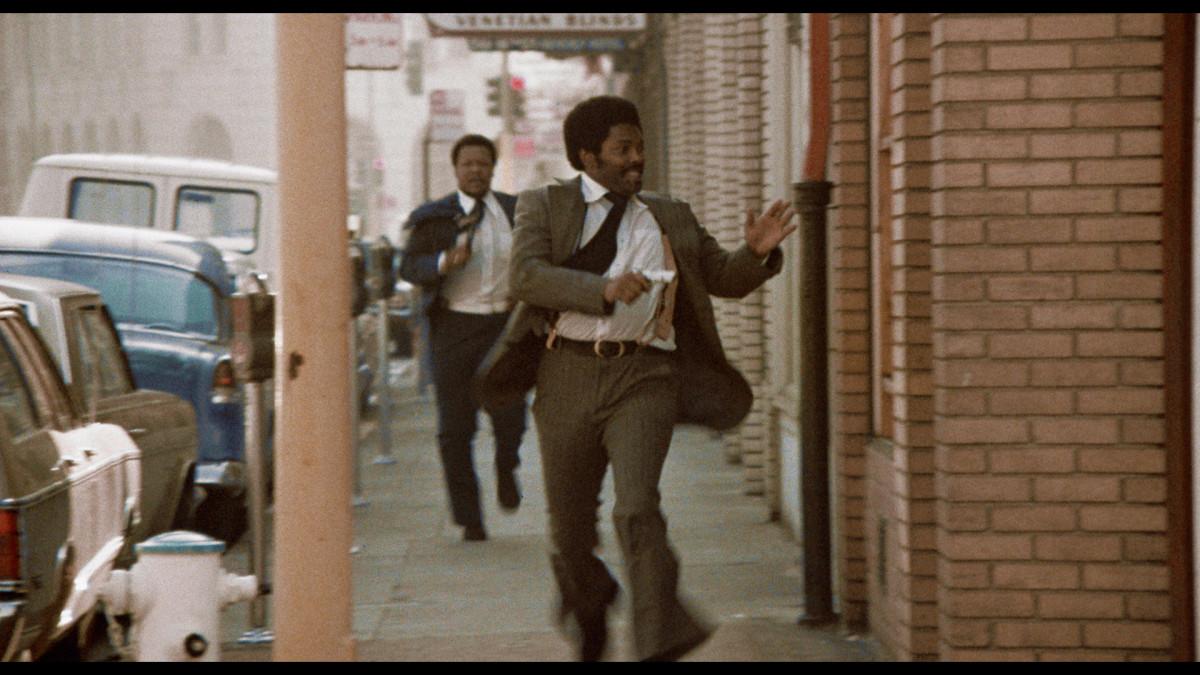
Deaf Crocodile Films has been on a roll this year with its slate of restored and remastered classics. One such title is the 1974 indie classic, Solomon King, directed by Jack Bomay alongside leading man Sal Watts in the title role, taking the mantle for an opportune move toward the zeitgeist of Blaxploitation cinema at the time titles like Hammer, Black Caesar and Black Belt Jones were the talk of the town.
Penned by Watts with a script storied by Jim Alston, Solomon King dives right into the thick of it when Hassan, a power-hungry sheikdom in an oil-rich foreign country, has usurped himself into power, marking the king and his daughter, Princess Oneeba (Claudia Russo), for death. With his brother Manny (James Watts) caught in the crossfire, CIA-trained nightclub owner Solomon (Sal Watts) is alerted to the latest attempt on their lives and is summoned to protect Oneeba upon her arrival in California. Brief romance blooms for the two while Solomon tries to remain vigilant until tragedy strikes, forcing Solomon to take matters in his own hands, knowing that the Man is playing a key role in Hassan’s violent power grab.
That much of the cast’s layman acting is no secret to the viewer, as was the case for a lot of these kinds of films, which were independently financed and outsourced to help meet on-set demand for talent. The same goes for lead actor Watts, who was no Jim Kelly by any measure but nonetheless works to invoke just as much charisma on screen as possible to suit the genre, as well as Russo, in addition to the uncredited Tanya Boyd whose “Sheila” gets her own funky theme song, and actress and singer Samaki Bennett in her only screen credit as an undercover cop assigned to follow Solomon.
Barring the recorded loss of the film’s original negative, lots of credit goes to Deaf Crocodile for plying their trade and preserving as much of this film as it could, using the negatives found at the UCLA Film & TV Archive, as well as the original 35mm track owned by the star’s widow, Belinda Burton-Watts. Some clips and snippets of footage are gone, but what remains is most the contextual pieces needed in the film’s overall packaging from start to finish, firmly setting in stone a fair, high quality restoration of what would have otherwise been a lost classic.
